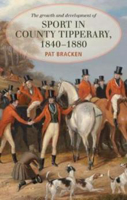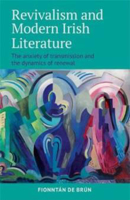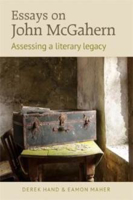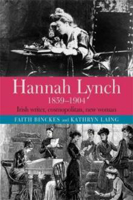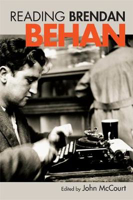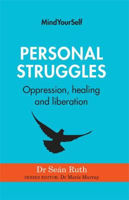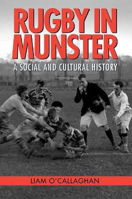Cookies help us deliver our services. By using our services, you agree to our use of cookies.
Shopping cart
Search
Cork University Press
Growth of Sport in Co. Tipperary 1
€39.00
The growth and development of sport in Co. Tipperary, 1840 to 1880, was promoted and supported by the landed elite and military officer classes.
Money
€9.95
This book sets out to provide a scholarly analysis of money and capital, the institutional economic class interests that exist in Ireland, and alternatives to same in the spheres of paid labour and social reproduction. In essence it is a political work in that it picks a side in the debate over these issues.
REVIVALISM AND MODERN IRISH LITERATURE
€29.00
The influence of revivalism is writ large in the history of modern Ireland, particularly as we commemorate a 'decade of centenaries'. Yet, whether in Ireland or elsewhere, no study of revivalism as a critical cultural practice exists, rather one tends to speak of specific revivals such as the Gothic Revival, the Gaelic Revival and so on.
ESSAYS ON JOHN MCGAHERN
€39.00
This collection of essays, written by many of the foremost McGahern scholars, provides solid reasons for why the Leitrim writer has assumed canonical status since his premature death in 2006, an event which sparked something akin to a period of national mourning in Ireland.
HANNAH LYNCH 1859-1904
€39.00
This is the first full-length critical study of author, critic, and translator Hannah Lynch. It explores her writing and her life, in doing so shedding new light on women's cultural and political networks in Ireland and beyond.
READING BRENDAN BEHAN / EDITED BY J
€39.00
Samuel Beckett referred to Brendan Behan as "the new O'Casey" and yet, despite all his international success, despite his enduring popularity, and perhaps because of his fame (and indeed, notoriety), Behan remains a neglected figure in literary criticism today.
PERSONAL STRUGGLES
€14.95
Rugby in Munster PB
€19.95
Covering the period from the game's origins in Ireland in the 1870s through to the onset of professional rugby in the twenty-first century, this book seeks to examine Munster rugby within the context of broader social, cultural and political trends in Irish society.

